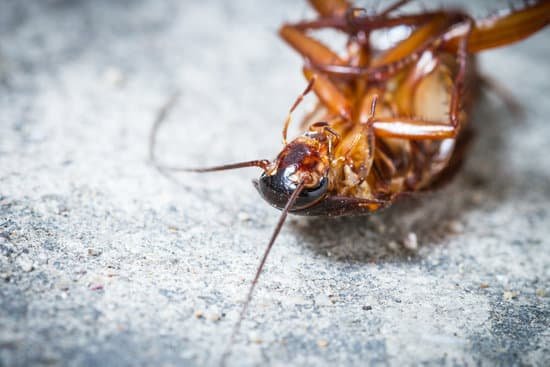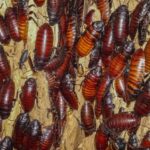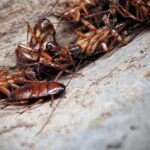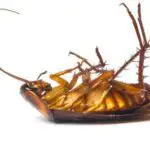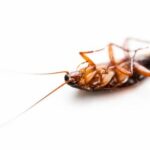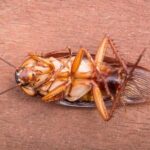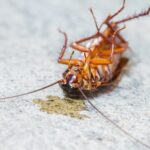Which Cockroaches Carry Diseases?
Cockroaches are a serious health risk because they can transmit various diseases to humans. They can transfer diseases by spreading them through their faecal matter and feces. They can also pass on various diseases to humans through contact with contaminated food and surfaces. Cockroaches are often found in garbage and sewer systems. This is where they come into contact with various bacteria and viruses. Their legs are also very sensitive, so they can pick up these pathogens.
The most common cockroach-borne diseases include salmonella, which can cause stomach and intestinal problems in humans. People with immune systems that are in good shape can handle this infection, but people with compromised immune systems are at risk of getting it. Also, cockroaches can spread harmful bacteria like Staphylococcus aureus, which can cause serious infections. These bacteria can cause a range of health problems, from minor skin infections to serious pulmonary problems and heart problems.
Cockroaches are also known to carry a variety of food-borne pathogens, such as bacteria, fungi, viruses, and parasites. These pathogens vary in their biological characteristics, host associations, and virulence determinants. Cockroaches could play a role in food-borne outbreak investigations, but more research is needed to confirm their role in transmitting disease.
The most severe form of amoebiasis is called amoebic dysentery, and it’s accompanied by stomach pain, bloody stools, and fever. A serious case of amoebiasis may also infect the liver and cause an abscess. In some cases, amoebiasis can spread to the brain and lungs. In such cases, blood tests are required.
